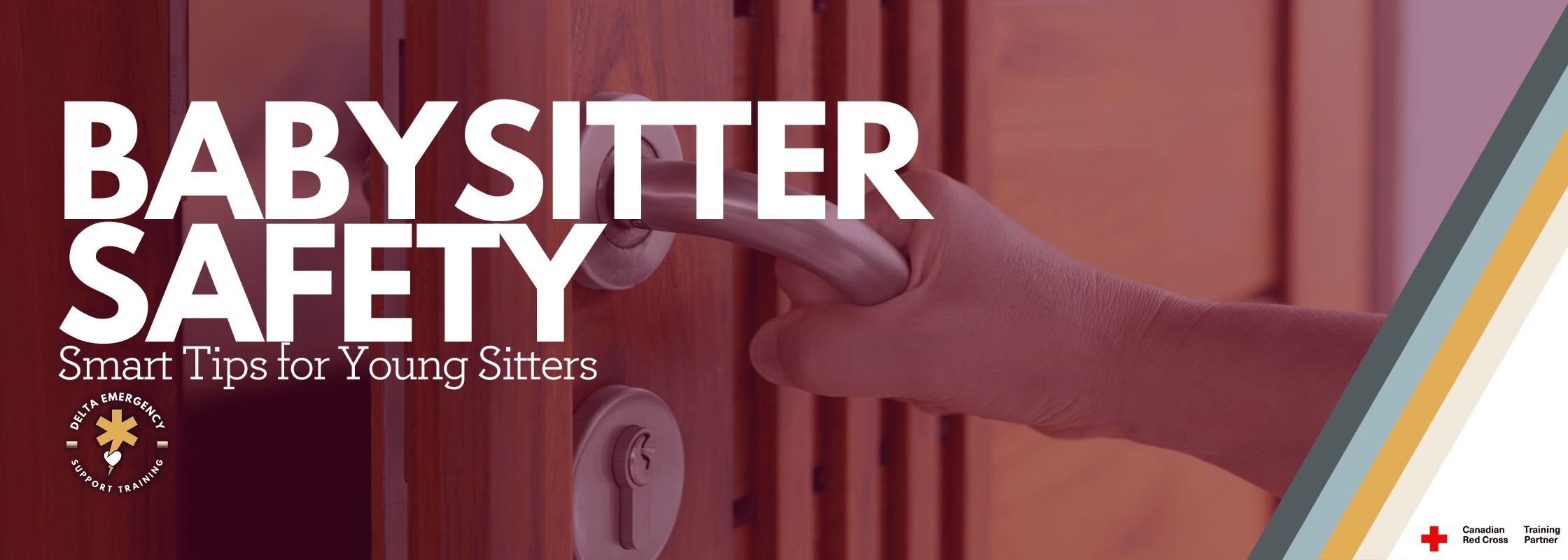Staying Safe as a Babysitter: What Every Sitter Should Know Before the Job
/Babysitting is an incredible way to gain responsibility, earn income, and build trust — but safety should always come first. Whether you’re caring for a neighbour’s toddler or babysitting for a new family, being aware, prepared, and confident in your decisions is key to keeping both yourself and the children safe.
Here are essential safety tips every babysitter should know before taking a job:
1. Know Who You’re Babysitting For
Before accepting a babysitting job, make sure you (and your parents or guardians, if you’re a minor) know exactly who you’re working for. Babysit only for families you or your family trust. If you’re new to babysitting in your community, start with people you know personally — neighbours, family friends, or families recommended by someone you trust.
If it’s a new family, ask to meet them in person beforehand. Use that opportunity to learn about the children, see the home, and confirm important details like emergency contacts and expectations.
2. Always Tell a Parent or Guardian Where You’re Going
If you’re under 18, always let your parent or a trusted adult know:
The address of where you’ll be babysitting
Who you’ll be with
What time you expect to be home
It’s a good idea to share the parents’ contact information with your own guardians in case of an emergency. Even if it seems like a quick or local job, communication ensures someone always knows where you are and can check in if needed.
3. Have a Way to Contact Help
Keep your phone fully charged and within reach at all times — but remember, your focus should stay on the kids. Save key numbers in your contacts and have them written down on paper in case your phone dies.
Include:
The parents’ cell numbers
A trusted backup contact (like a neighbour or relative)
Local emergency services (911, or the local dispatch number if in a rural area)
If something feels off or unsafe — whether it’s a strange noise, an unexpected visitor, or a medical emergency — never hesitate to call for help.
4. Trust Your Gut
One of the most powerful safety tools you have is your intuition. If something doesn’t feel right about a job, a situation, or even the person offering it — listen to your instincts. It’s always okay to say no to a babysitting job or call for help if you feel uncomfortable.
5. Do a Safety Walkthrough
When you arrive, take a quick look around:
Identify exits in case of emergency
Find out where first aid supplies and flashlights are kept
Ask about any safety hazards (pets, pools, unlocked cabinets, etc.)
Confirm bedtime routines and any house rules about doors, screens, or alarms
Knowing these small details helps prevent bigger problems later.
6. Keep Emergency Information Close
Always have a written list of:
The child’s medical conditions or allergies
Medication instructions (if any)
Emergency contacts and the home address (so you can relay it quickly to dispatchers)
This list should be provided by the family before they leave — don’t be afraid to ask for it if they forget.
7. Stay Alert — Not Glued to Your Phone
Once the kids are asleep, it’s tempting to scroll or watch a show. But staying alert is part of your job. Keep the volume low, check in periodically, and avoid distractions that could delay your response if a child wakes up or there’s an emergency.
8. Know Basic First Aid and What to Do in Emergencies
Accidents can happen even in the safest homes. Babysitters who take a Babysitter First Aid course (like those offered by Delta Emergency Support Training) learn how to recognize and respond to emergencies confidently — from choking and burns to allergic reactions and falls.
Training helps you stay calm and capable, giving parents peace of mind and making you a more reliable babysitter overall.
Final Tip: Be Professional and Prepared
Show up on time, bring a small notebook or checklist, and always clarify expectations — like bedtime, snacks, and screen time. It’s not just about safety; it’s about building trust and showing parents you take the role seriously.
Bottom Line
Being a babysitter means more than keeping kids entertained — it means being responsible, aware, and ready for anything. Know who you’re working for, communicate with your guardians, trust your instincts, and get the training that helps you handle emergencies confidently.
Because when you’re prepared, you’re not just a babysitter — you’re a leader, a caregiver, and someone parents can truly rely on.



